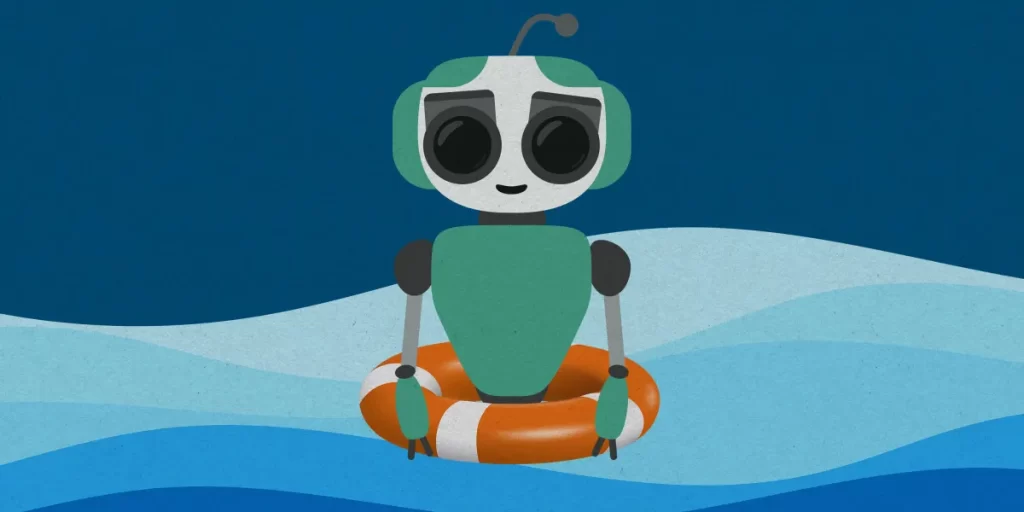What if your next therapist wasn’t human — but still cared, listened, and helped you heal?
That’s the bold promise behind Therabot, an AI-driven mental health tool from researchers at Dartmouth College.
And unlike the flood of sketchy apps clogging your app store, this one’s rooted in science, not Silicon Valley spin.

“We need something different,” says Nick Jacobson, a Dartmouth professor straddling psychiatry and data science.
He’s not wrong — even if we multiplied our current therapists by ten, we’d still fall short.
That’s where Therabot steps in.
After six years of careful development, Therabot has shown real promise in treating anxiety, depression, and eating disorders.
Any Clinical Backing?
As psychiatrist Michael Heinz puts it: “Rushing for profit would compromise safety.”
Mental health experts are cautiously optimistic.
“There’s a future here — if it’s done right,” says APA’s Vaile Wright.

The FDA isn’t officially certifying these tools, and tragedies like the Character. AI case remind us what’s at stake.
Still, for millions who can’t call a therapist at 2 a.m., a caring chatbot might be better than silence.
Because sometimes, just being heard — even by a bot — is everything.





